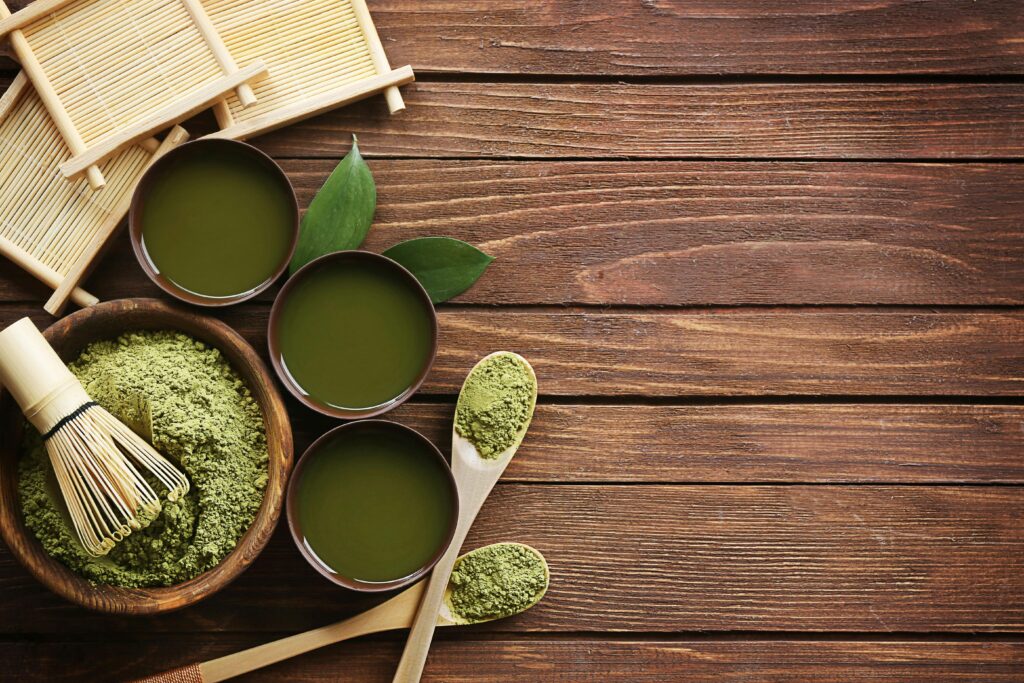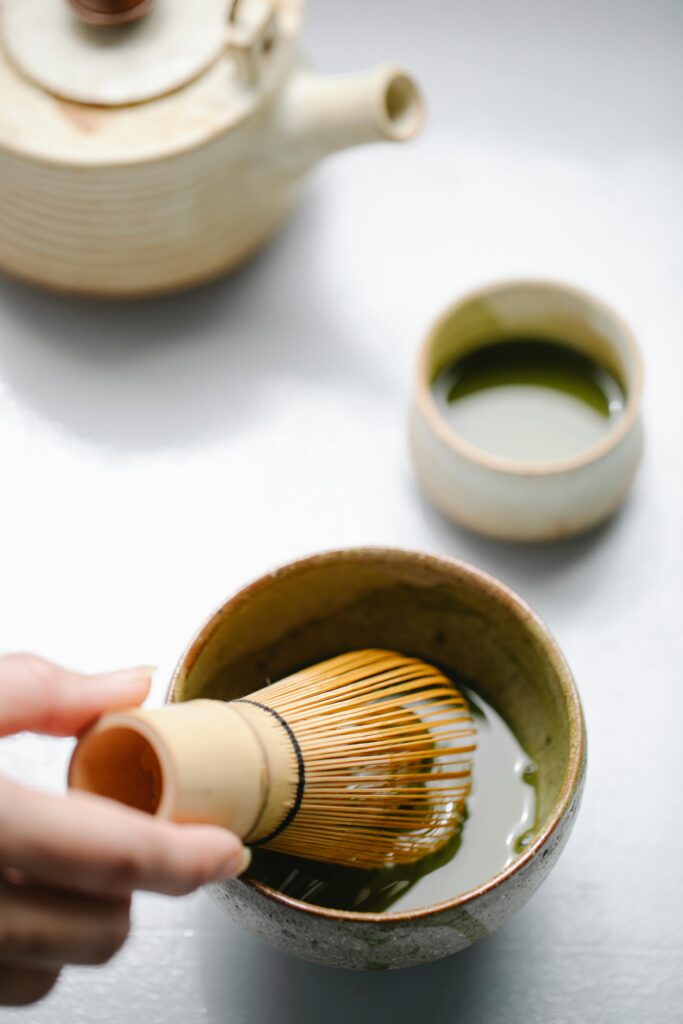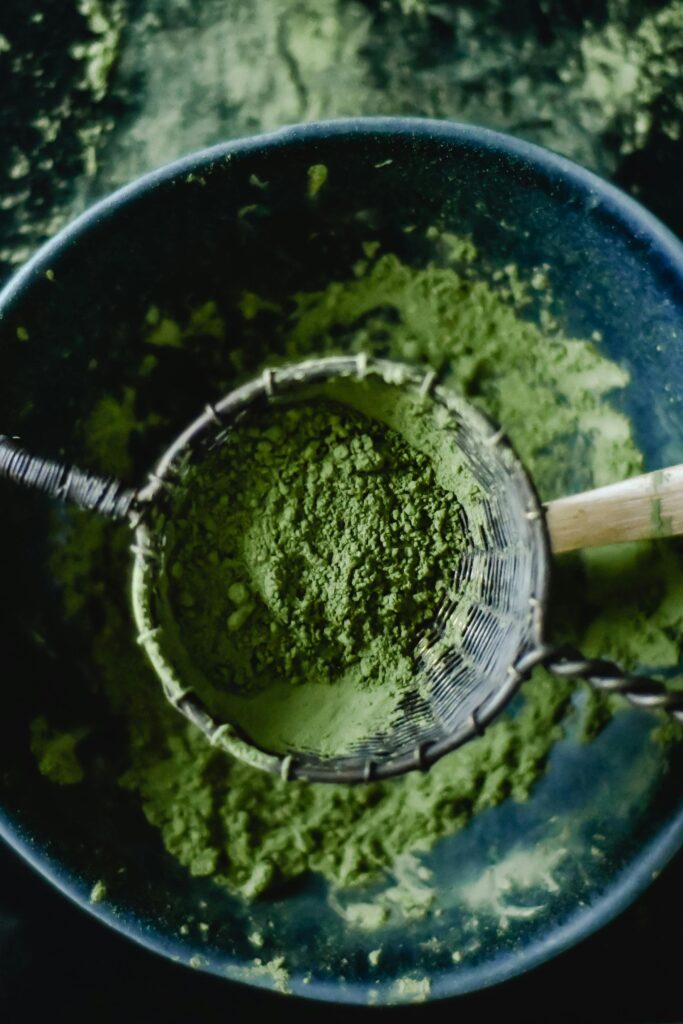Definition of direct-trade in the matcha glossary

Defining Direct-Trade in Matcha
Direct-trade represents a sourcing model where matcha brands and vendors establish purchasing relationships directly with tea farmers or producers in Japan, eliminating traditional intermediaries. This approach prioritizes transparency, quality control, and fair compensation through direct negotiation. Unlike conventional supply chains with multiple middlemen, direct-trade creates a streamlined connection between the source and the seller.
The model emphasizes long-term partnerships rather than transactional purchasing. Brands often collaborate with farmers on cultivation techniques, processing methods, and quality standards. This collaborative approach benefits both parties—farmers receive premium prices and stability while brands secure consistent quality and supply chain transparency.
Direct-trade operates without universal certification or standardized criteria. Each relationship functions independently based on mutual agreements and shared values. This flexibility allows customization but also means consumers must evaluate claims on a case-by-case basis.
How Direct-Trade Differs from Other Sourcing Models
Fair-trade certification follows standardized criteria verified by third-party organizations, ensuring minimum wages, labor rights, and community development programs. Direct-trade lacks this formal certification structure. Instead, it relies on relationship-based agreements between buyers and producers without external oversight.
Conventional matcha supply chains typically involve multiple intermediaries:
- Japanese tea cooperatives or regional wholesalers
- Export companies handling international logistics
- Import distributors in destination countries
- Retail vendors or online marketplaces
Each intermediary adds cost and reduces farmer profit margins. Direct-trade eliminates these layers, allowing farmers to capture more value from their harvest. Brands gain detailed knowledge about cultivation practices, harvest timing, and processing techniques impossible to obtain through conventional channels.
The Transparency Advantage
Direct relationships enable complete supply chain visibility. Brands can verify farming practices, visit production facilities, and trace matcha from specific fields. This transparency proves valuable for quality assurance and marketing authenticity. Consumers increasingly demand sourcing information, making direct-trade a competitive advantage for brands committed to disclosure.
Benefits for Farmers, Brands, and Consumers
Farmers participating in direct-trade relationships typically receive premium payments above market rates. These higher prices reward quality and incentivize sustainable practices. Payment terms often improve as well, with some brands offering advance payments or harvest financing that stabilizes farmer income throughout the growing season.
Brand Advantages
Vendors gain unprecedented quality control through direct sourcing. They can request specific cultivars, shading durations, or processing techniques aligned with their product positioning. Quick feedback loops allow rapid adjustments when quality issues arise. Long-term partnerships also secure supply during shortages when conventional buyers struggle to source premium matcha.
Brands differentiate themselves through authentic origin stories. Direct-trade enables marketing that highlights specific farms, regions, or farmer partnerships. This storytelling resonates with consumers seeking connections beyond generic product descriptions.
Consumer Considerations
Buyers benefit from enhanced traceability and quality transparency. Direct-trade matcha often comes with detailed information about cultivation methods, harvest dates, and producer backgrounds. However, consumers should understand that direct-trade alone doesn’t guarantee fair labor practices or environmental sustainability unless brands explicitly verify these standards.
Challenges and Limitations
Establishing direct-trade relationships requires significant investment in time, travel, and relationship building. Brands must visit farms, negotiate contracts, and manage international logistics independently. Smaller vendors may lack resources for this intensive approach, making direct-trade more accessible to established companies.
Key operational challenges include:
- Language barriers between Japanese farmers and international brands
- Complexity of import regulations and customs procedures
- Minimum order quantities that may exceed small vendor needs
- Currency fluctuations affecting pricing stability
Supply chain risk increases when brands depend on few direct relationships. Crop failures, weather events, or farmer retirement can disrupt supply without backup sources. Conventional supply chains offer diversification that buffers against individual producer problems.
The Certification Gap
The absence of standardized direct-trade certification creates verification challenges. Brands may claim direct relationships without meaningful farmer benefits or transparency. Consumers cannot rely on third-party verification as they can with fair-trade or organic certifications. This ambiguity requires careful evaluation of brand claims and sourcing disclosures.
Evaluating Direct-Trade Claims
Not all direct-trade claims carry equal weight. Consumers should look for specific indicators of authentic direct relationships. Detailed farm information including location, farmer names, and cultivation practices suggests genuine partnerships. Vague claims about “working directly with farmers” without supporting details warrant skepticism.
Questions to consider when evaluating direct-trade matcha:
- Does the brand provide specific farm or cooperative names?
- Are there photos or stories documenting farm visits?
- Can you trace the matcha to a specific region or production date?
- Does the brand explain how farmers benefit from the relationship?
Complementary certifications strengthen direct-trade claims. Organic certification verifies farming practices while direct-trade addresses economic relationships. Brands combining multiple verified standards demonstrate comprehensive commitment to quality and ethics.
Price as an Indicator
Authentic direct-trade matcha typically commands premium prices reflecting farmer compensation and relationship investment. Suspiciously low prices on claimed direct-trade products suggest either minimal farmer benefit or questionable sourcing claims. Fair pricing for farmers necessarily translates to higher retail costs compared to commodity-grade alternatives.
Common Direct-Trade Practices
Successful direct-trade relationships often begin with brand representatives visiting Japanese tea regions to meet farmers and evaluate facilities. These visits establish personal connections and demonstrate serious commitment. Brands may attend multiple harvests before finalizing partnerships, ensuring compatibility and quality alignment.
Many direct-trade arrangements include technical collaboration where brands and farmers jointly develop cultivation or processing innovations. Some vendors provide financial support for equipment upgrades or organic certification. These investments deepen partnerships beyond simple purchasing agreements.
Communication maintains relationship health between harvests. Regular updates about crop conditions, weather impacts, and quality expectations keep both parties aligned. Some brands maintain year-round contact through video calls, messaging, or annual farm visits.
Conclusion
Direct-trade represents a meaningful alternative to conventional matcha sourcing, offering enhanced transparency, quality control, and farmer compensation. The model’s flexibility allows customized relationships but lacks standardized verification that consumers can easily assess. Authentic direct-trade requires substantial brand investment in relationship building and supply chain management.
For consumers, direct-trade claims warrant careful evaluation through detailed sourcing information and complementary certifications. The model works best when brands demonstrate genuine commitment through transparency and specific farmer partnership details. As the matcha market matures, direct-trade relationships will likely play an increasing role in premium product differentiation and ethical sourcing initiatives.
Frequently asked questions
We’re here to help with all your questions and answers in one place. Can’t find what you’re looking for? Reach out to our support team directly.
What does direct-trade mean in matcha sourcing?
Direct-trade in matcha refers to a sourcing model where tea buyers establish direct relationships with tea farmers or producers, bypassing traditional middlemen and brokers in the supply chain. This approach creates a one- or two-degree connection between the buyer and farmer, with mutually beneficial transparent trade agreements.
Unlike third-party certifications such as Fair Trade, direct-trade agreements don’t follow a single set of standardized qualifications. Instead, each relationship is evaluated case-by-case to ensure holistic sustainability that incorporates both people and planet, meeting farmers where they are. This model allows buyers to have complete transparency regarding the treatment of workers and ecosystems, often including personal farm visits.
The direct-trade approach enables greater control over quality, ensures ethical practices, and often secures higher quality products while providing farmers with fair compensation without multiple broker fees.
How is direct-trade different from Fair Trade certification for matcha?
While both models aim to support ethical tea sourcing, they differ significantly in structure and verification:
- Fair Trade is a formal certification system governed by nonprofit organizations that set standards for ethical production, fair wages, and working conditions, requiring third-party verification and labeling
- Direct-trade is a more informal, relationship-based approach where buyers work directly with producers without formal certification but with emphasis on transparency, quality, and mutually beneficial partnerships
- Fair Trade involves standardized criteria and auditing processes, while direct-trade allows for flexible, customized agreements tailored to specific farm contexts
- Direct-trade typically involves personal relationships and farm visits, whereas Fair Trade relies on independent certifying bodies
Both approaches can coexist, and some matcha suppliers may pursue both direct-trade relationships and Fair Trade certification to demonstrate their commitment to ethical sourcing through multiple channels.
Why should matcha brands consider direct-trade sourcing?
Direct-trade sourcing offers three primary sustainability benefits that make it particularly valuable for premium matcha brands:
- Economic sustainability: Farmers receive fair prices for their goods without compensating multiple brokers or middlemen, improving their livelihoods and enabling investment in quality improvements
- Environmental sustainability: Direct relationships allow buyers to showcase and appropriately compensate farmers who implement sustainable agricultural practices, including organic or biodynamic farming methods that avoid harmful chemicals and promote biodiversity
- Social sustainability: When farmers are appropriately compensated, they can better protect and pay their workers, supporting community well-being and preserving traditional cultivation methods
Additionally, direct-trade provides enhanced quality control through close collaboration with farmers, better traceability to specific farms or regions, and compelling storytelling opportunities that resonate with conscious consumers willing to pay premium prices for authenticity.
What challenges exist in direct-trade matcha sourcing?
Sourcing matcha through direct-trade relationships presents several unique challenges that brands must navigate carefully. Supply limitations represent a significant hurdle, as high-quality matcha production in Japan is under intense pressure due to declining numbers of tea farmers and limited harvest dedicated to matcha production.
Communication and cultural differences can create barriers, particularly when working with Japanese suppliers who may communicate indirectly and require relationship-building over multiple meetings before discussing pricing or terms. The labor-intensive nature of premium matcha production means that supply cannot rapidly scale to meet growing demand, potentially creating availability constraints.
Quality verification also poses challenges, as the lack of standardized grading systems means buyers must develop expertise to distinguish authentic ceremonial-grade matcha from lower-quality products. Initial investment requirements are typically higher for direct-trade, including larger minimum order quantities (often 20-50kg), facility visits, and extended payment terms negotiations. However, many brands find these challenges worthwhile for the quality, transparency, and relationship benefits that direct-trade provides.
Can direct-trade matcha address sustainability concerns in tea production?
Yes, direct-trade matcha sourcing can significantly advance sustainability in tea production when implemented thoughtfully. The model addresses critical environmental concerns by enabling buyers to prioritize biodiversity and non-toxic fields, resulting in fewer or no pesticides in the final product—a major concern given that conventional tea farming often douses land and water in chemicals.
Direct relationships also combat the extractive colonial practices that historically shaped the tea industry, where major estates controlled markets through cheap, overworked labor. By establishing transparent partnerships with small, land-owning farmers, direct-trade helps counteract corporate importers who leverage massive buying power to control prices at unsustainable rates.
The sustainability impact extends beyond environmental protection to include preservation of traditional cultivation knowledge, support for regenerative farming practices, and creation of economic stability that allows farming communities to invest in long-term land stewardship rather than short-term extraction. For matcha specifically—a rainforest crop requiring particular ecological conditions—these sustainability practices are especially critical for ensuring the industry’s viability for future generations.
How do direct-trade relationships affect matcha quality and authenticity?
Direct-trade relationships fundamentally enhance matcha quality and authenticity through several interconnected mechanisms. Enhanced quality control emerges as buyers can have hands-on involvement throughout cultivation, harvesting, and processing, ensuring only the finest leaves are selected during the narrow early spring harvest window when leaves are young and nutrient-packed.
The direct connection allows for complete transparency regarding terroir—the environment including soil, topography, and climate that contributes to each batch’s uniqueness. Buyers can verify that matcha comes from renowned regions like Uji with optimal growing conditions, rather than accepting generic product claims.
Authenticity is protected through direct verification of traditional production methods, including the crucial shading process (kabuse) that increases chlorophyll and L-Theanine production, and confirmation that grinding uses traditional stone mills rather than industrial methods that can degrade quality through heat generation. This direct oversight helps combat the proliferation of lower-grade or counterfeit matcha powders increasingly entering global markets as demand outpaces supply. The relationship-based nature of direct-trade also incentivizes farmers to maintain the highest standards, knowing their reputation and ongoing partnership depend on consistent excellence.
Discussion: Definition of direct-trade in the matcha glossary







